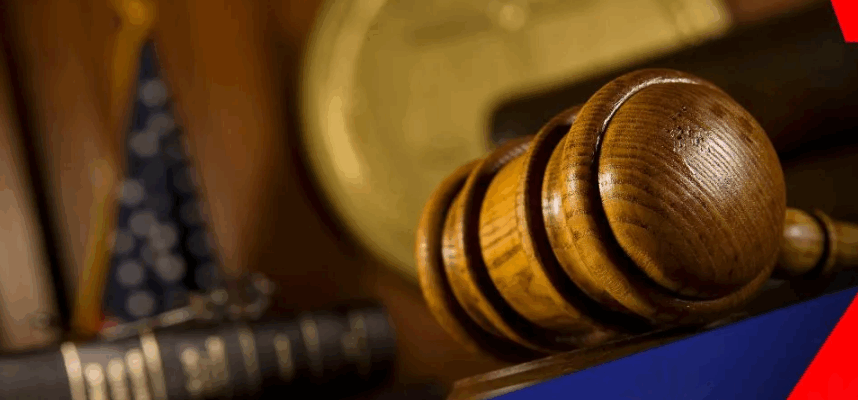California’s tribal casinos and non-tribal cardrooms have long had a fraught and complicated relationship under the state’s gaming laws. For decades, both sides have operated under intersecting federal and state frameworks, frequently clashing over regulatory boundaries. A new legal dispute has emerged over control of games like blackjack and baccarat—raising questions about who holds the legal authority to offer “banked” card games.
California Tribes Challenge Court Ruling Favoring Cardrooms

Court Case Developments
By law, cardrooms are prohibited from offering slot machines or traditional banked games. Instead, they facilitate peer-to-peer play and generate revenue by charging per hand or per player. TPPs act as bankers in games like blackjack, maintaining the appearance of a player-based format. Tribes argue this is merely a loophole to operate illegal banked games.
Sacramento County Superior Court Judge Lauri Damrell recently issued a preliminary ruling siding with cardrooms, asserting that the Indian Gaming Regulatory Act (IGRA) preempts state-level legal challenges—effectively giving federal law the upper hand.
Tribal attorneys argue that IGRA only applies to gambling on tribal lands and not to cardrooms, making this a matter of state law. They referenced California’s new Senate Bill 549 (SB 549), which authorizes tribes to bring such cases in state court. Cardrooms countered that SB 549 bypasses IGRA and violates Proposition 64, which requires plaintiffs to demonstrate direct economic harm to sue.
Tribal Legal Arguments
Tribes maintain that IGRA’s scope is limited to gaming on tribal land and should not extend to non-tribal operations like cardrooms. Although courts have historically taken a broad view of IGRA, applying it beyond tribal land in some contexts, tribes insist this case falls within state jurisdiction.
SB 549 addresses past legal hurdles caused by sovereign immunity by allowing tribes to sue TPPs and cardrooms for alleged violations of California’s gambling laws. Before SB 549, tribal lawsuits often stalled due to jurisdictional ambiguities. In January 2025, tribes filed lawsuits against more than 90 defendants using this new legal avenue.
Details of the Tribal Lawsuit
Earlier this year, two tribes—the Agua Caliente Band of Cahuilla Indians and the Rincon Band of Luiseno Mission Indians—filed suit alleging that TPPs acted as de facto bankers in blackjack-style games and shared profits with cardrooms, effectively running illegal house-banked games.
According to Rincon’s complaint, “TPP defendants assume and maintain the banker position in player-banked games offered by cardrooms.” Agua Caliente echoed this, stating the use of TPPs enables cardrooms to bypass legal restrictions. Court documents allege TPPs earn profits solely from game outcomes and share them with cardrooms—giving cardrooms a financial stake that violates state laws.
The Cardrooms’ Defense
Cardrooms argue that if the tribes wanted exclusive rights to specific games, they should have negotiated that into their gaming compacts. They also claim that SB 549 unlawfully amends Proposition 64 without voter approval. Some critics view the lawsuits as more about eliminating competition than addressing regulatory violations.
The Role of California’s Gaming Regulator
The California Bureau of Gambling Control (BGC) has proposed changes to blackjack-style games, such as eliminating the “bust” rule and revising banker rotation requirements. While cardrooms favor these changes, others warn they could result in significant revenue losses.












